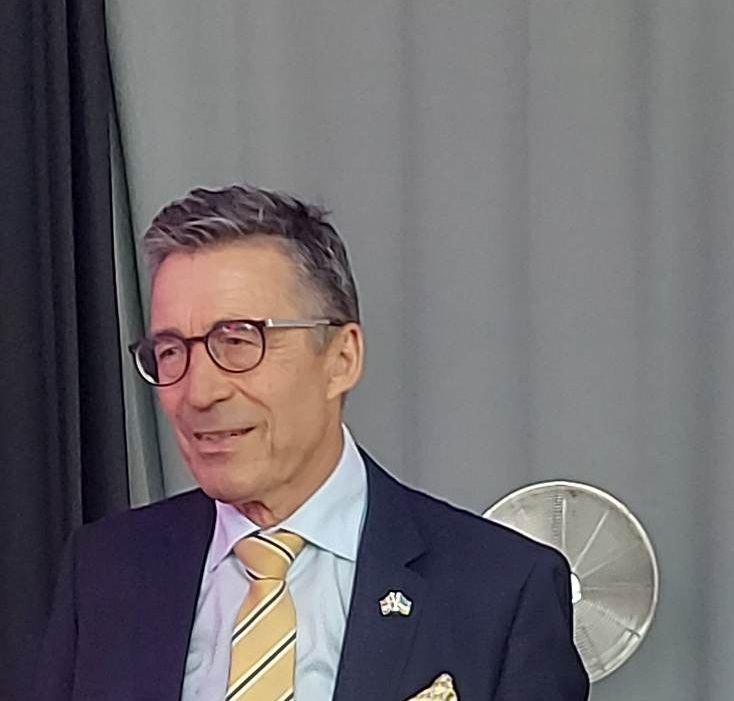
“We must listen to Poland. For decades Poland and the Baltic states have been warning about the Putin’s threat” – the former Secretary General of NATO Anders Fogh Rasmussen said during the Congress590, which took place in Warsaw gathering many experts from around the world.
“One of my favourite mottos is the Polish say: ‘For our freedom and yours’. This sums up exactly, what we are fighting for, not just in Ukraine, but around the world” – said Anders Fogh Rasmussen emphasizing, that “we are all freedom fighters”.
“Today our democratic world is under the threat from an imperialist Russia, from an aggresive China and from dictators, who see our freedom, pluralism and democracy as weaknesses” – former Sectretary General of NATO warned.
“Peace is precious, but freedom is priceless and that’s why I am pleased to be in Poland today and to speak under the headline ‘Spaces of freedom’. I am thinking back about role I played in bringing Poland into the European Union in 2002” – he looked back on the integration process. “Your government negotiated well” – Rasmussen recalled. “When Poland and Central-Eastern Europe joined the EU in 2004 it was a great day for our European brotherhood. We turned the page on the cold war” – he added.
“We must listen to Poland. For decades Poland and the Baltic states have been warning about the Putin’s threat. Few years ago I was looking over old notes, when I found remarks by Poland’s late president Kaczyński in 2008 at the NATO Bukarest Summit, he warned leaders, that Putin would attack Georgia, and then Ukraine, the Baltic states and eventually Poland. I wish his remarks had been taken more seriously” – Rasmussen emphasized.
“Ukraine and Poland knows better than most the cost of appeasement. The Poland also teaches us how people coming together and united can change history. From the Warsaw Uprising to Gdańsk Shipyard. This is a lesson for all democracies around the world. When we bravely and collectively stand up for we believe in, we can achieve anything, even the collapse of the evil empire” – he concluded.
Anna Wiejak
